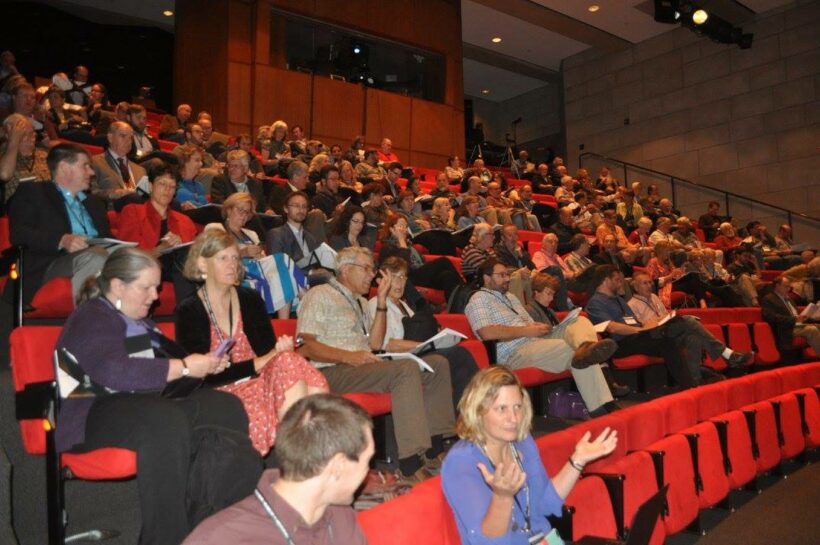Under the title “Peace and Protest: Past and Present”, the programme includes 18 panels and two plenary sessions, as well as exhibitions by various peace organisations and a publications fair.
Among the topics to be discussed are current issues such as the confrontation between Russia and Ukraine, but also the historical analysis of the peace and nuclear disarmament movements in the Cold War era and US activism against war and imperialism in the 20th century.
There will also be space for in-depth discussions on issues such as conscription, conscientious objection and draft resistance in the history of the United States, as well as presentations on resistance to war and fascism in the period between 1919 and 1945.
The congress will also feature presentations on civil resistance to war taxes and round tables on “Practical cases of nonviolence and nonviolent resistance”, “Peace education” and an analysis of the actions taken in the face of US Cold War interventionism in Vietnam and Central America.
Other topics will include the testimonies of Christian movements for peace and justice in the 20th century and the opposition of Catholic activists to nuclear weapons.
Another panel will focus on the history of peace, justice and internationalism movements in Europe between 1889 and 1914.
The first plenary is entitled “A Peaceful Superpower: A Round Table on the World’s Greatest Anti-War Movement” and the second will focus on the War Resisters League, 1923-2023 “A Century of Revolutionary Nonviolent Activism for Peace and Justice”.
The second day will finally end with a lecture by professor and activist George Lakey, “How does the history of civil rights help us – and not help us – to understand what we are facing today?
The programme is rounded off with a performance by the University Choir and the Society’s Awards Ceremony.
Founded in 1964, the Peace History Society encourages, supports and coordinates scholarly research on peace, nonviolence and social justice; it also communicates the results of this scholarly work to the general public.
Following the assassination of U.S. President John F. Kennedy, and in the midst of the beginnings of the Indochina War, a group of historians organised in December 1963 with the idea that little effort had been made in their field to study peace and its causes. Initially called the Conference on Peace Research in History, the organisation became the Peace History Society in 1994.
Since then, it regularly organises international conferences with the aim of broadening the understanding of the possibilities of peace on a global level.










